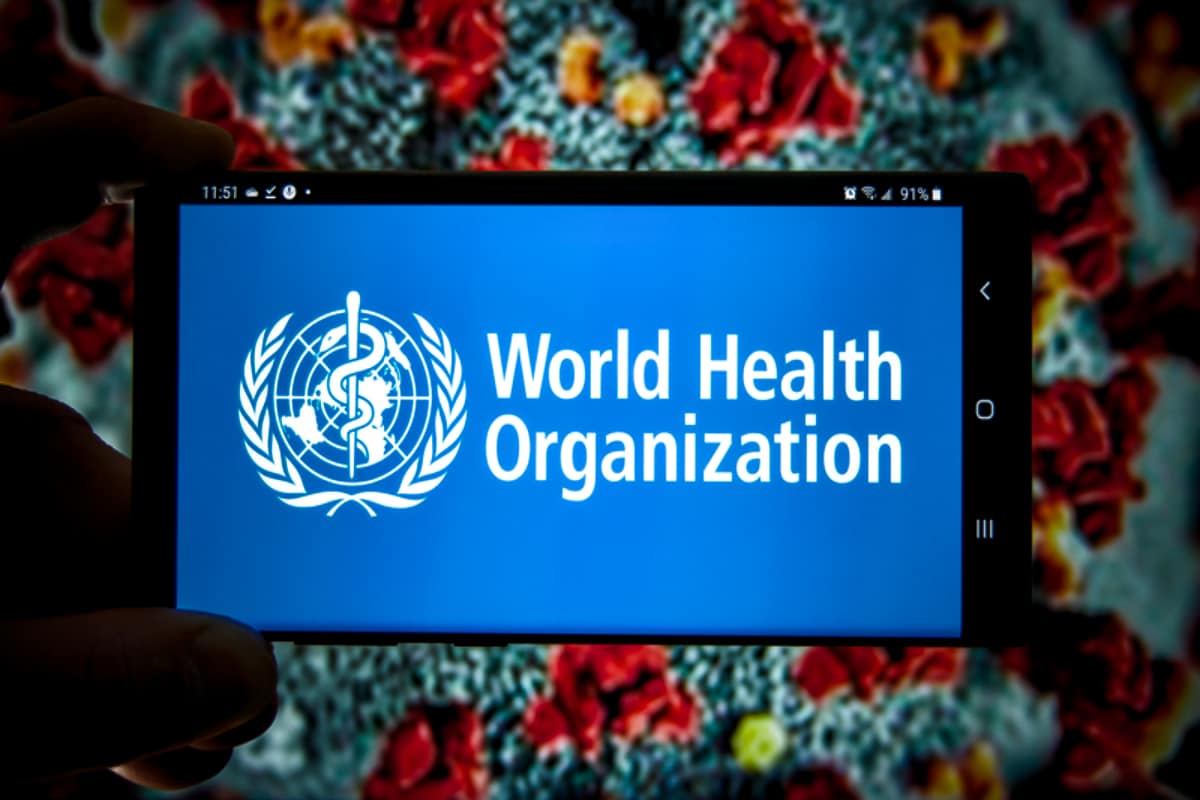Much has been written on the current proposals putting the World Health Organization (WHO) front and center of future pandemic responses. With billions of dollars in careers, salaries, and research funding on the table, it is difficult for many to be objective. However, there are fundamentals here that everyone with public health training should agree upon. Most others, if they take time to consider, would also agree. Including, when divorced from party politicking and soundbites, most politicians.
So here, from an orthodox public health standpoint, are some problems with the proposals on pandemics to be voted on at the World Health Assembly at the end of this month.
God Bless You and Your Families!
Love,![]()
![]()

Please think about donating below.
ELECTION 2024 COUNTDOWN
Timer expired


